The most influential deaths in history
Throughout history, the deaths of influential figures have left indelible marks on society, shaping cultures, politics, and ideologies. These pivotal moments often serve as catalysts for change, sparking movements or altering the course of nations.
By examining these impactful deaths, we gain insight into how individual legacies continue to resonate long after their passing, offering valuable lessons and perspectives on leadership, courage, and innovation.
Socrates: The Death of a Philosopher and the Birth of Free Thought
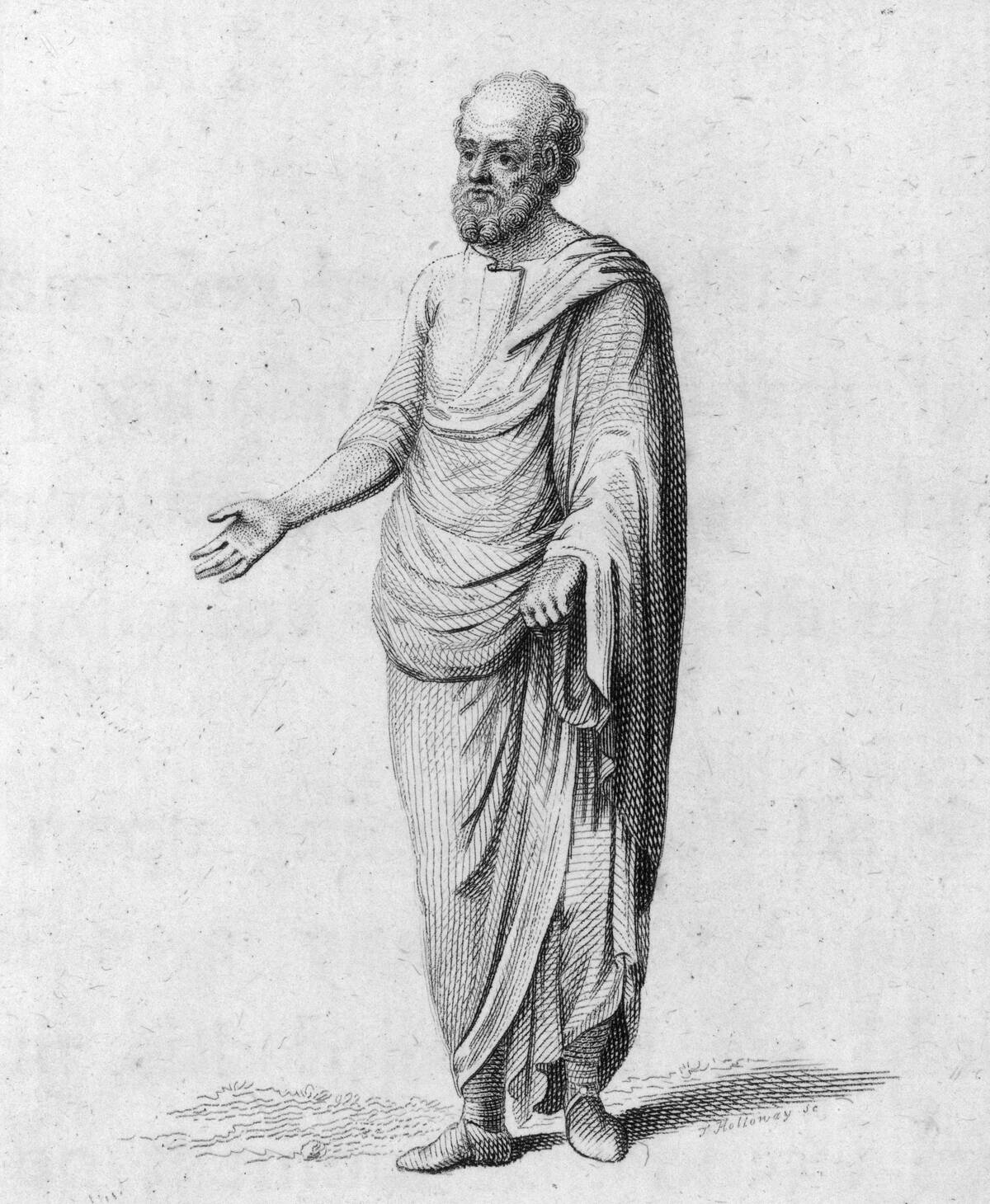
Socrates, the classical Greek philosopher, left an enduring legacy through his method of inquiry, widely known as the Socratic method. His death by hemlock poisoning in 399 BC was a poignant moment in history, symbolizing the struggle for intellectual freedom against societal norms.
Socrates’ willingness to die for his beliefs inspired countless philosophers, paving the way for Western philosophical traditions that value critical thinking and the pursuit of truth.
Julius Caesar: The Assassination that Changed the Roman World
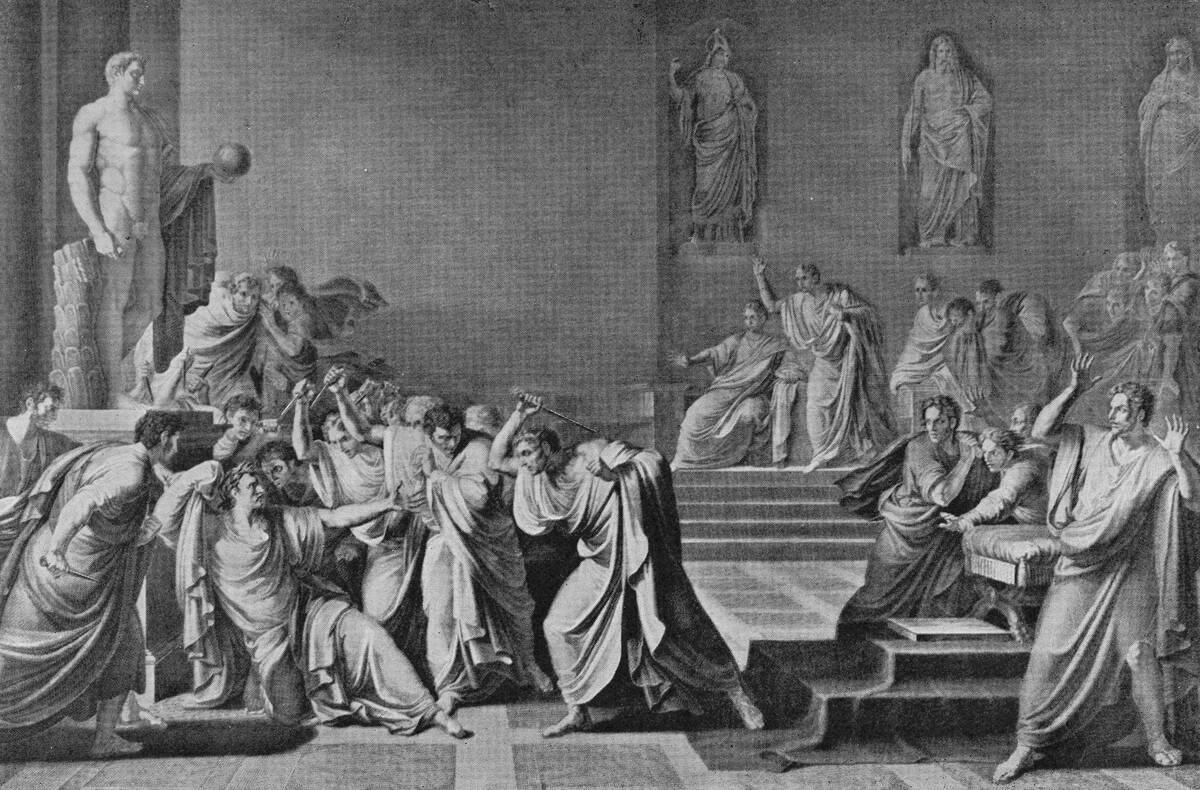
On the Ides of March in 44 BC, Julius Caesar was assassinated by a group of Roman senators, a pivotal event that dramatically altered the Roman Republic’s trajectory. This abrupt power shift led to the rise of the Roman Empire under Augustus, Caesar’s adopted heir.
The assassination highlighted the perils of absolute power and the political machinations that can arise from unchecked ambition, themes still relevant in political discourse today.
Joan of Arc: Martyrdom and the Making of a National Hero
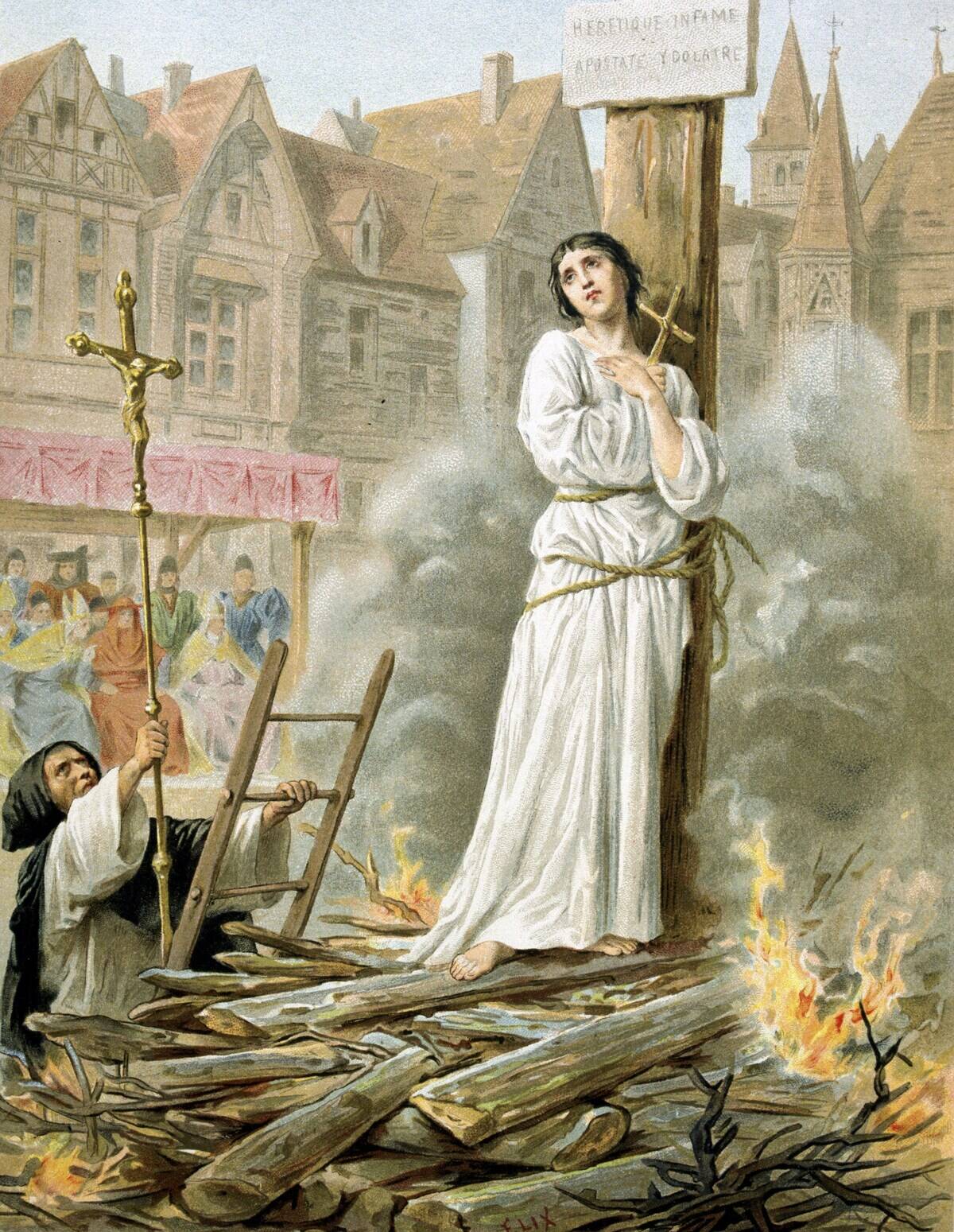
Joan of Arc, a peasant girl who claimed to have divine guidance, played a crucial role in France’s Hundred Years’ War against England. Her capture and subsequent execution in 1431 turned her into a martyr and a symbol of French unity and faith.
Her canonization in 1920 solidified her status as a national hero, demonstrating how individual conviction and sacrifice can inspire generations and help forge national identity.
Abraham Lincoln: A President’s Assassination and the Course of a Nation
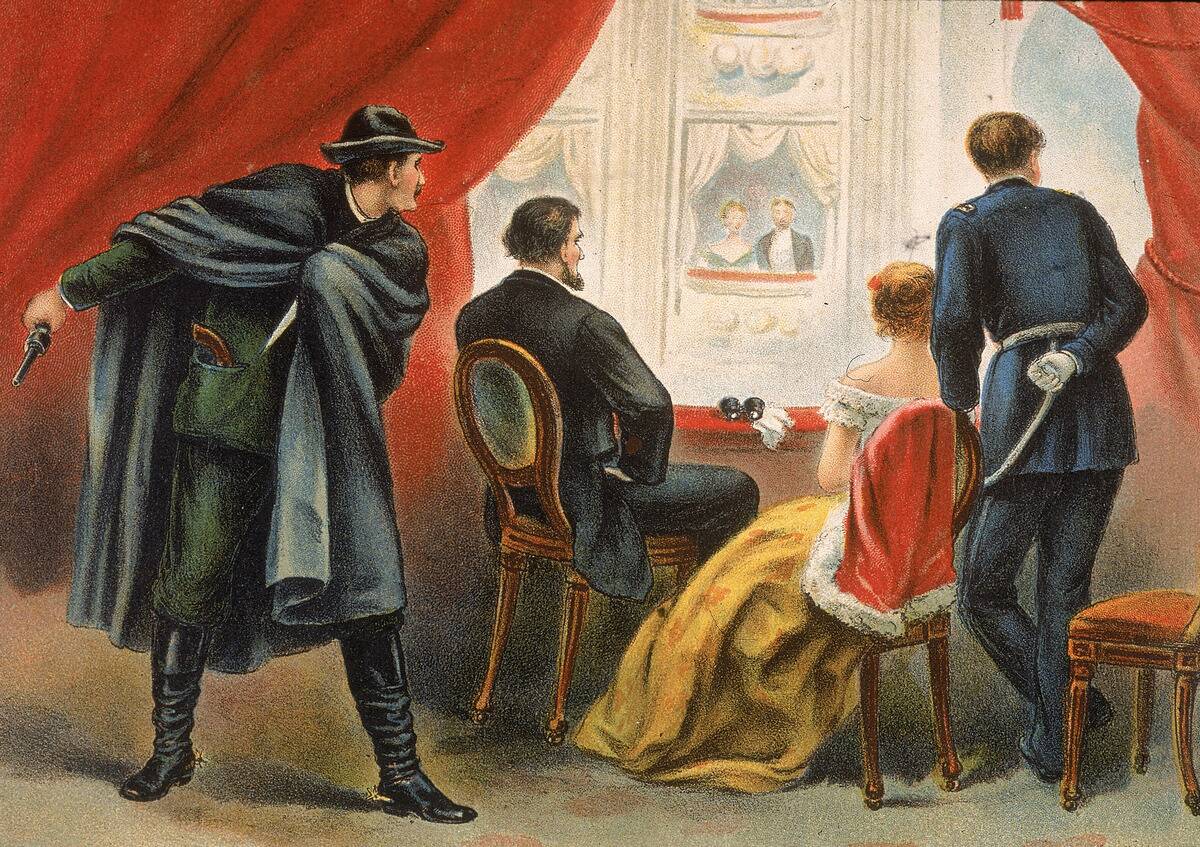
The assassination of Abraham Lincoln in 1865 by John Wilkes Booth was a turning point in American history. Lincoln’s leadership during the Civil War and his efforts toward emancipation and national reconciliation were abruptly halted, leaving a nation in mourning.
His death underscored the fragility of peace and the ongoing struggle for civil rights, cementing his legacy as a symbol of unity and equality in the United States.
Archduke Franz Ferdinand: The Death That Sparked World War I
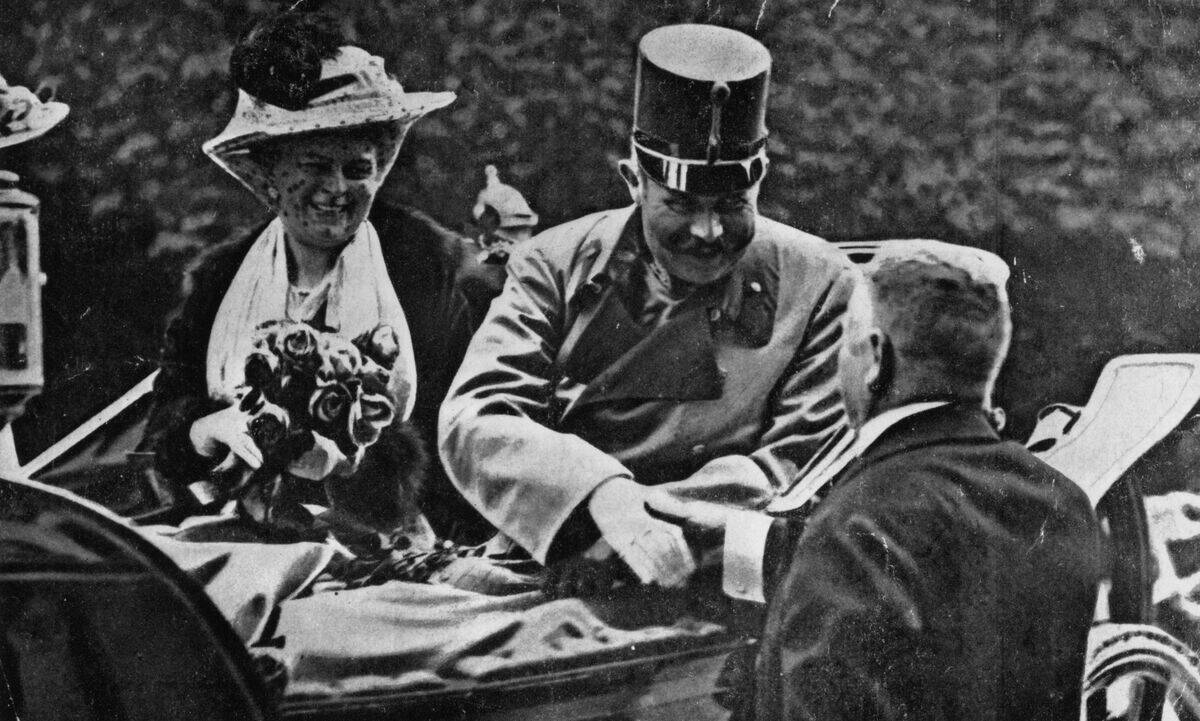
The assassination of Archduke Franz Ferdinand of Austria in 1914 by Gavrilo Princip was the spark that ignited World War I, reshaping the geopolitical landscape of the 20th century.
This event set off a chain reaction of alliances and conflicts, leading to unprecedented global warfare. The consequences of the war, including the Treaty of Versailles, had lasting effects on international relations and helped lay the groundwork for World War II.
Mahatma Gandhi: A Peaceful Leader’s Assassination and the Fight for Freedom
![Mahatma [redacted]](https://media.tellmebest.com/wp-content/uploads/2024/11/mahatma-gandhi-28048.jpeg)
Mahatma Gandhi, a champion of nonviolent resistance, was assassinated in 1948, just a year after India gained independence.
His philosophy of peaceful protest inspired civil rights movements worldwide and emphasized the power of nonviolence in achieving political and social change. Gandhi’s death was a profound loss to the world, yet his legacy endures, continuing to influence activists and leaders dedicated to justice and equality.
Martin Luther King Jr.: The Loss of a Civil Rights Icon
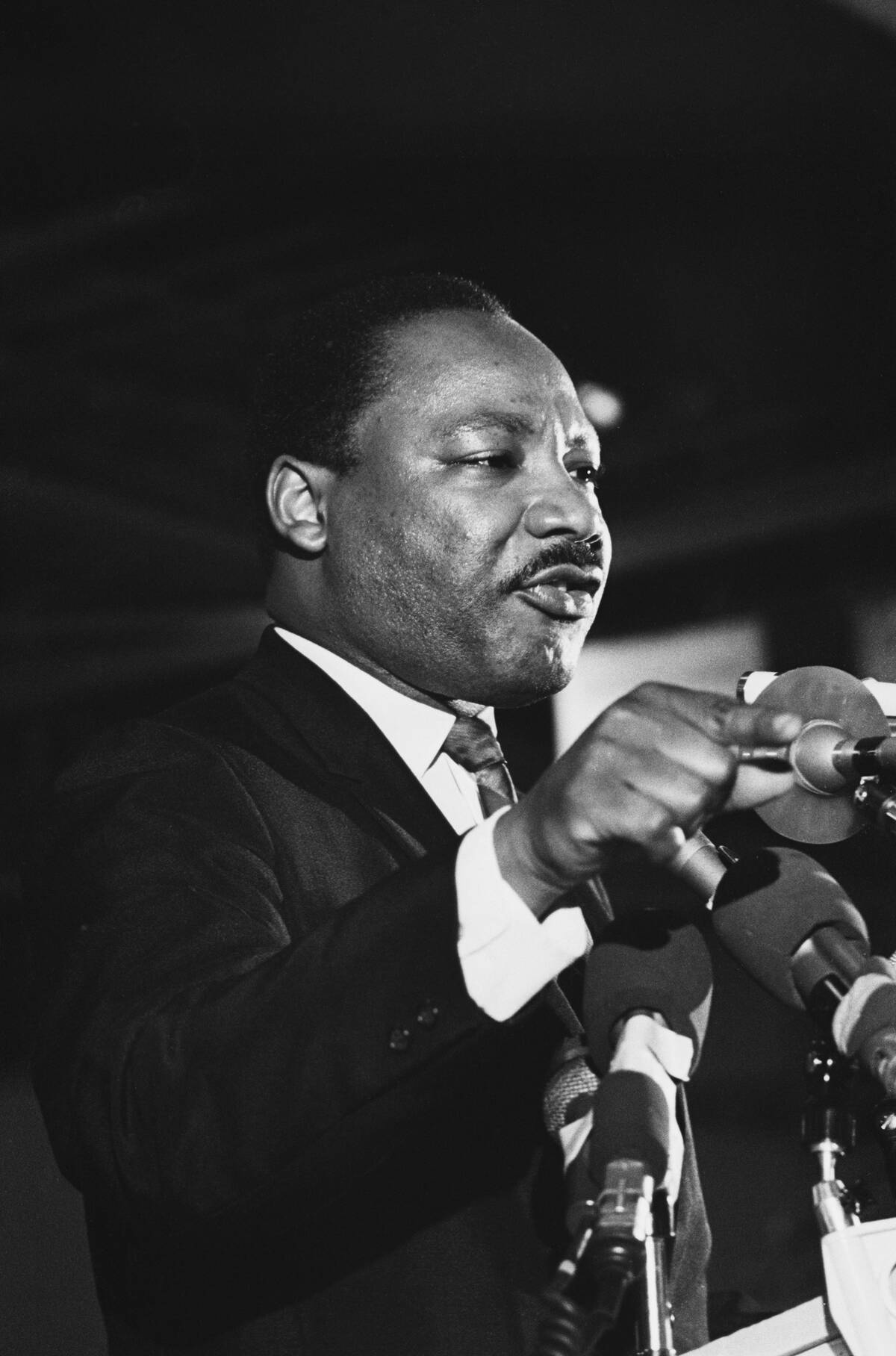
The assassination of Martin Luther King Jr. in 1968 marked a somber moment in the civil rights movement. King’s advocacy for racial equality and nonviolent protest made him a prominent figure in American history.
His death galvanized support for civil rights legislation, such as the Fair Housing Act, and his dream of equality and justice continues to inspire both national and global movements for social change.
John F. Kennedy: The Enduring Mystique of a Presidential Tragedy
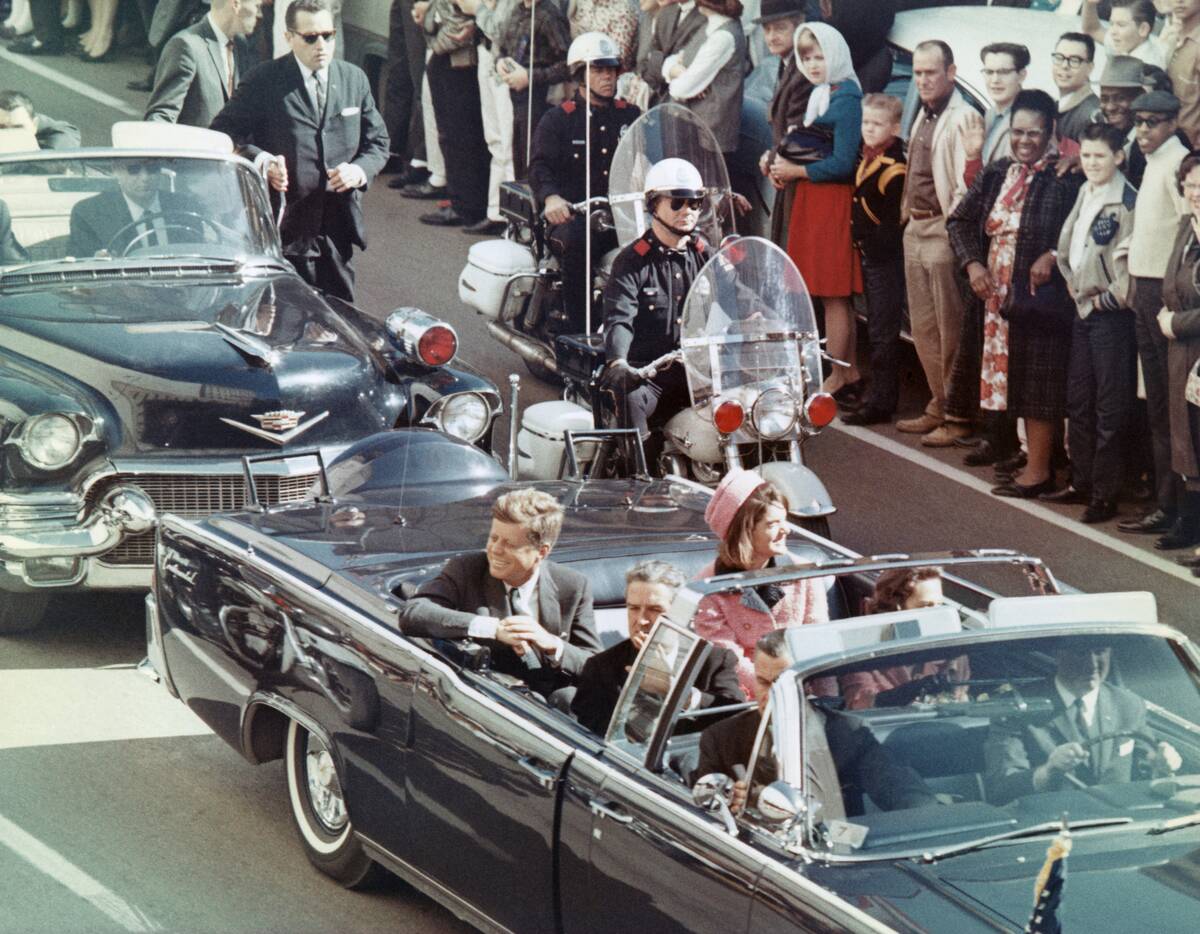
The assassination of President John F. Kennedy in 1963 shocked the world and left an indelible mark on American consciousness. Known for his charisma and progressive vision, Kennedy’s term was cut short, fueling decades of speculation and intrigue surrounding his death.
The tragedy not only altered the political landscape but also highlighted the vulnerabilities of public figures, influencing how presidential security is approached today.
Princess Diana: The People’s Princess and Her Enduring Influence

Princess Diana’s tragic death in a car accident in 1997 sent shockwaves across the globe. Known for her compassionate humanitarian work and approachable demeanor, Diana was affectionately dubbed “The People’s Princess.”
Her untimely death prompted widespread public mourning and led to increased scrutiny of the paparazzi and media practices, as well as unprecedented backlash against Queen Elizabeth II and her family. Diana’s legacy lives on through her charitable foundations and the enduring impact she had on the British monarchy.
Marilyn Monroe: The Hollywood Icon Whose Death Captivated the World

Marilyn Monroe’s death in 1962 at the age of 36 remains one of Hollywood’s most enduring mysteries. As a quintessential symbol of glamour and vulnerability, Monroe captivated audiences worldwide with films like Some Like It Hot.
Her passing highlighted the pressures of fame and the personal struggles of stars, prompting discussions on mental health. Monroe’s legacy as an icon of beauty and charisma continues to influence popular culture and fashion.
John Lennon: The Tragic End of a Music Legend

John Lennon’s assassination in 1980 outside his New York City apartment marked a devastating moment for music lovers worldwide. As a former Beatle and a powerful voice for peace, Lennon’s death left a void in the cultural and musical landscape.
His influence on music and advocacy for peace remain vital, with songs like ‘Imagine’ continuing to inspire generations to dream of a better, more harmonious world.
Freddie Mercury: The Death of a Rock Legend and Its Impact on AIDS Awareness

Freddie Mercury, the flamboyant frontman of Queen, passed away in 1991 due to complications related to AIDS, just a day after publicly acknowledging his illness. Mercury’s death was pivotal in raising awareness about HIV/AIDS, highlighting the stigma faced by those affected.
His unparalleled musical talent and dynamic stage presence left an indelible mark on rock music, while his legacy continues through efforts to combat AIDS and support affected communities.



